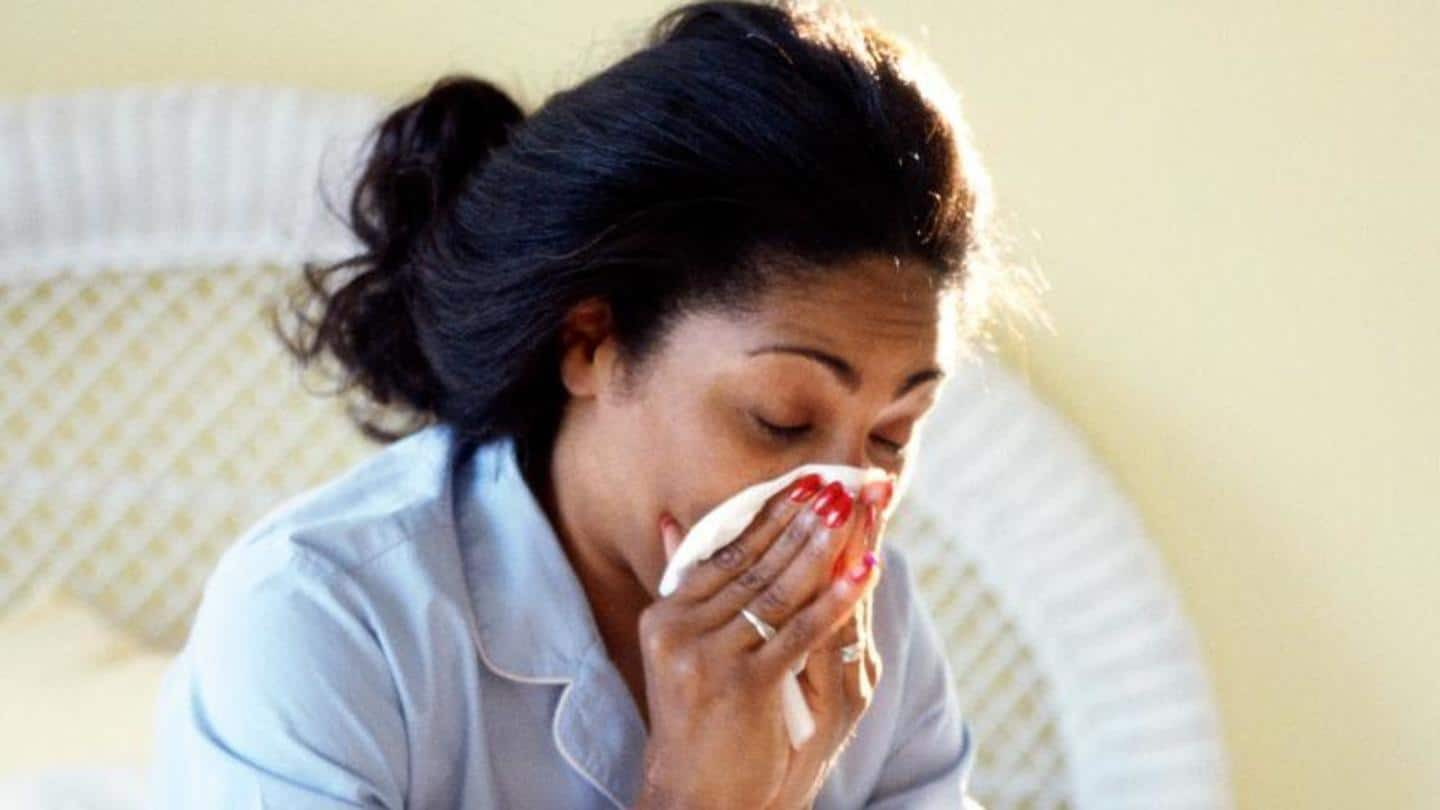
COVID-19 could become like common cold in future: Study
What's the story
The novel coronavirus responsible for COVID-19 could cause no more than common cold-like coughs and sniffles within the next decade, according to a study.
The research, published in the journal Viruses, makes this likely prediction based on mathematical models that incorporate lessons learned from the current pandemic on how our body's immunity changes over time.
Quote
Severity may decrease as populations develop immunity
"This shows a possible future that hasn't yet been fully addressed," said Fred Adler, Professor of mathematics and biological sciences at the University of Utah in the US. "Over the next decade, the severity of COVID-19 may decrease as populations collectively develop immunity," Adler said.
Coronavirus
Many other seasonal coronaviruses are circulating around us
The study also suggests that changes in the COVID-19 disease could be driven by the adaptations of our immune response rather than by any changes in the virus itself.
Although the SARS-CoV-2 virus is the best-known member of the family, the other seasonal coronaviruses circulate in the human population, and they are comparatively less dangerous.
Pandemic
'Russian flu' might have emerged from one such coronavirus
The researchers noted that some evidence indicates that one of these cold-causing relatives might have once been severe, giving rise to the "Russian flu" pandemic in the late 19th century.
The parallels led the scientists to wonder whether the severity of SARS-CoV-2 could similarly lessen over time.
They built mathematical models incorporating evidence on the body's immune response to SARS-CoV-2.
Information
'Our immune system wasn't prepared for the virus'
Analyzing several scenarios and versions set up a situation where an increasing proportion of the population will become predisposed to mild disease over the long term. "At the beginning of COVID-19, no one had seen the virus before. Our immune system wasn't prepared," Adler explained.
COVID-19
Severe infections will eventually disappear: Researchers
"The models show that as more adults become partially immune, whether through prior infection or vaccination, severe infections all but disappear over the next decade," the researchers said.
"Eventually, the only people who will be exposed to the virus for the first time will be children who are naturally less prone to severe disease," they said.
Infection
'Mild infections will win when pitted against severe infections'
"The novel approach here is to recognize competition taking place between mild and severe COVID-19 infections and ask which type will get to persist in the long run," said Alexander Beams, first author and graduate student at the University of Utah.
"We have shown that mild infections will win, as long as they train our immune systems to fight against severe infections," Beams said.
New variants
However, these predictions depend on how key assumptions hold up
However, the researchers noted that the models do not account for every potential influence on disease trajectory.
"For instance, if new virus variants overcome partial immunity, COVID-19 could take a turn for the worse," they said.
The team also noted that these predictions will hold up only if the key assumptions of the models hold up.